Edutainment Value: Financially Empowering Women and Youth in Central Asia
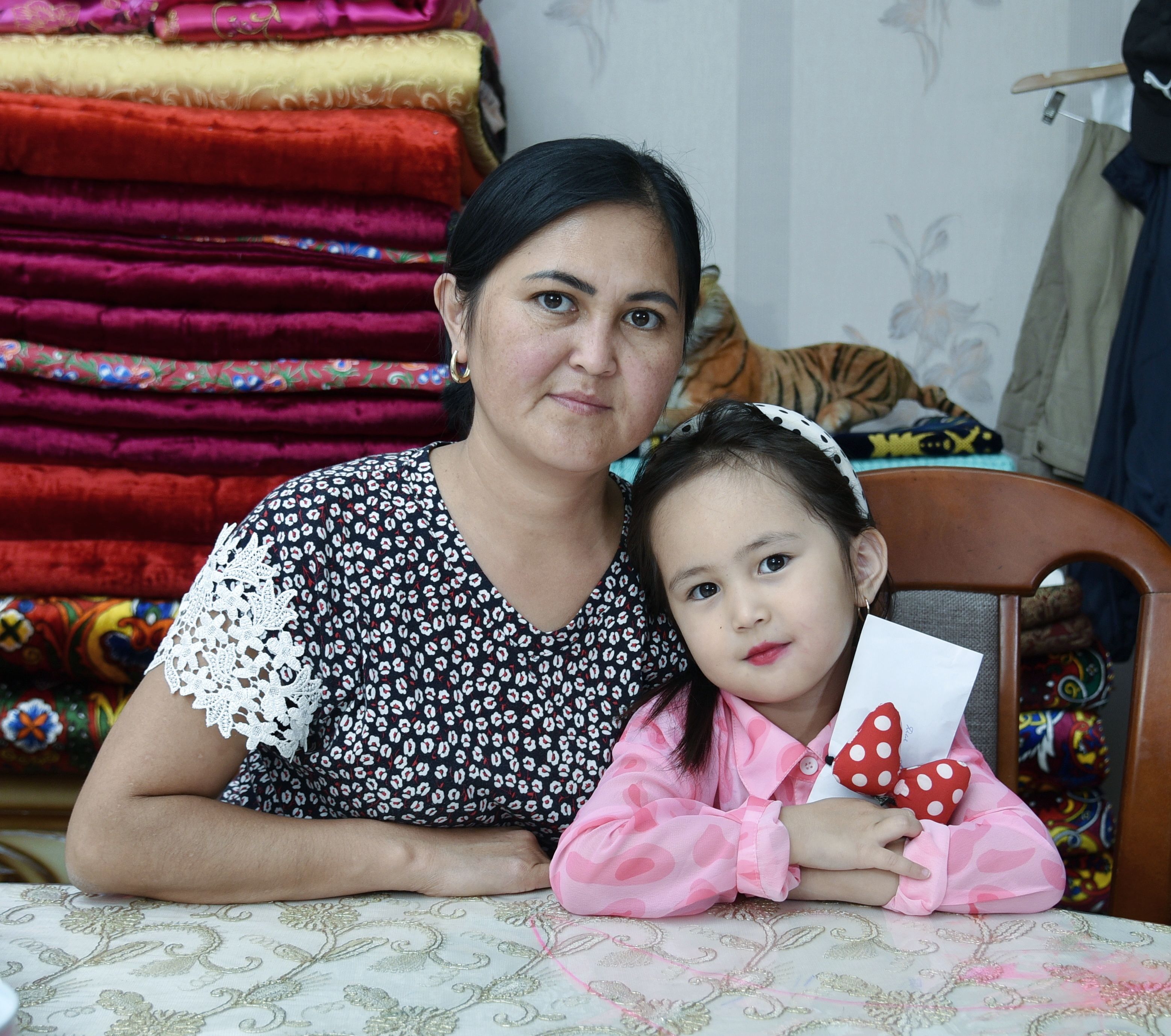
When Maya Arstanbekova, a mother of two from Bishkek, scrolled through her Facebook feed one day last October, she didn’t expect it would have a profound effect on her life. For the 38-year-old former art history lecturer at the State Art Academy, much had changed since marriage.
Maya had resigned from her position at the academy after giving birth to her two daughters. Bowing to people around her, she purchased things that were not essential, trying to ‘look wealthy’ or ‘stay trendy’. She didn’t feel she needed to contribute to household financial decisions or have any personal savings. However, relying completely on her husband to handle their finances, Maya ended up having little say in her family’s financial decisions. Her lack of income also added significant financial strain on the household.
Then, she came across Akcha (Money), an edutainment campaign aiming to financially empower women and youth in the Kyrgyz Republic. Featuring a TV series, TEDx-like in-person events, and social media campaigns, Akcha had a strong impact on the Bishkek native.
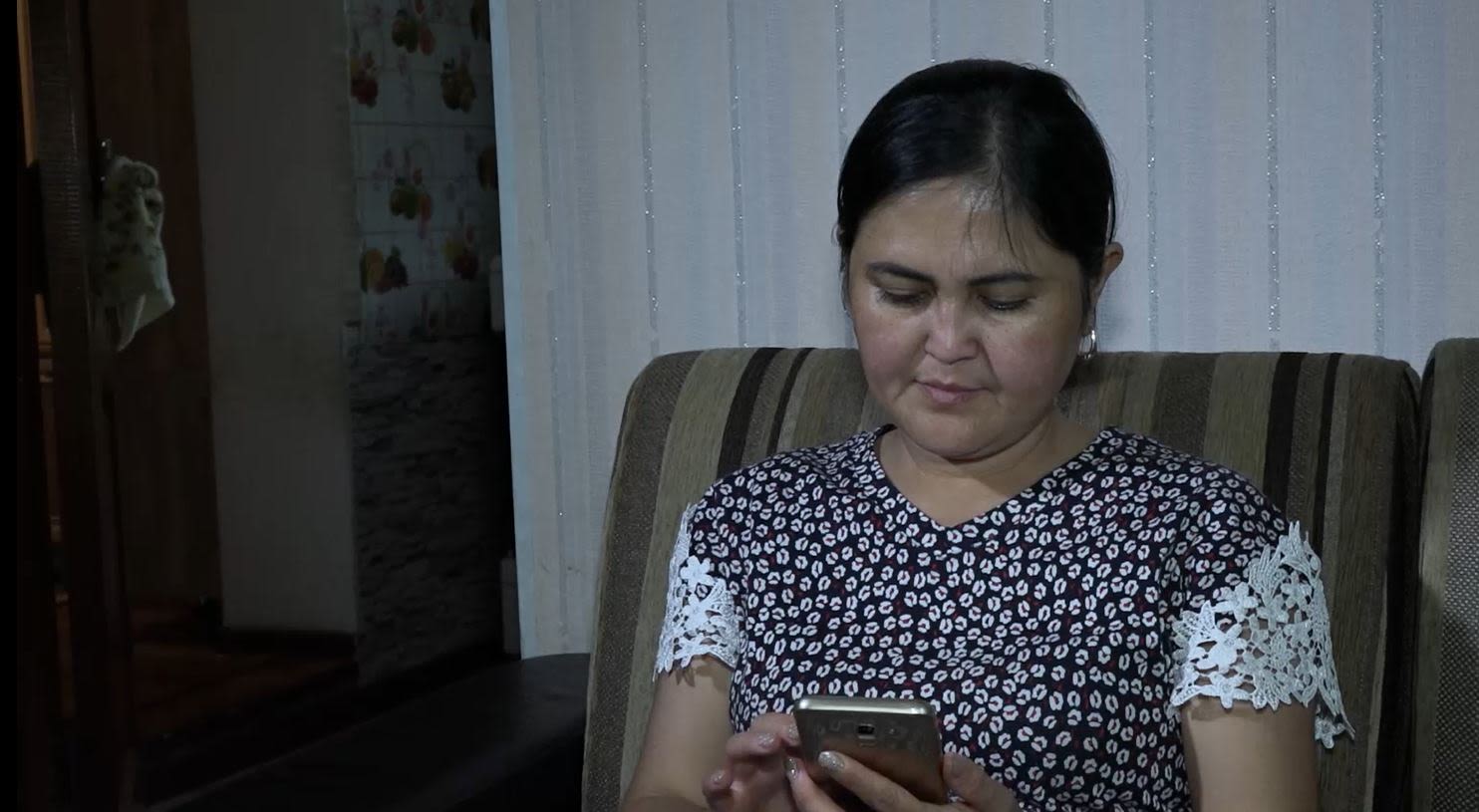
“It gave me more confidence to take financial responsibility and to defend my family’s financial interests. It also reiterated the importance of creating a long-term plan and having cash reserves for emergencies.”
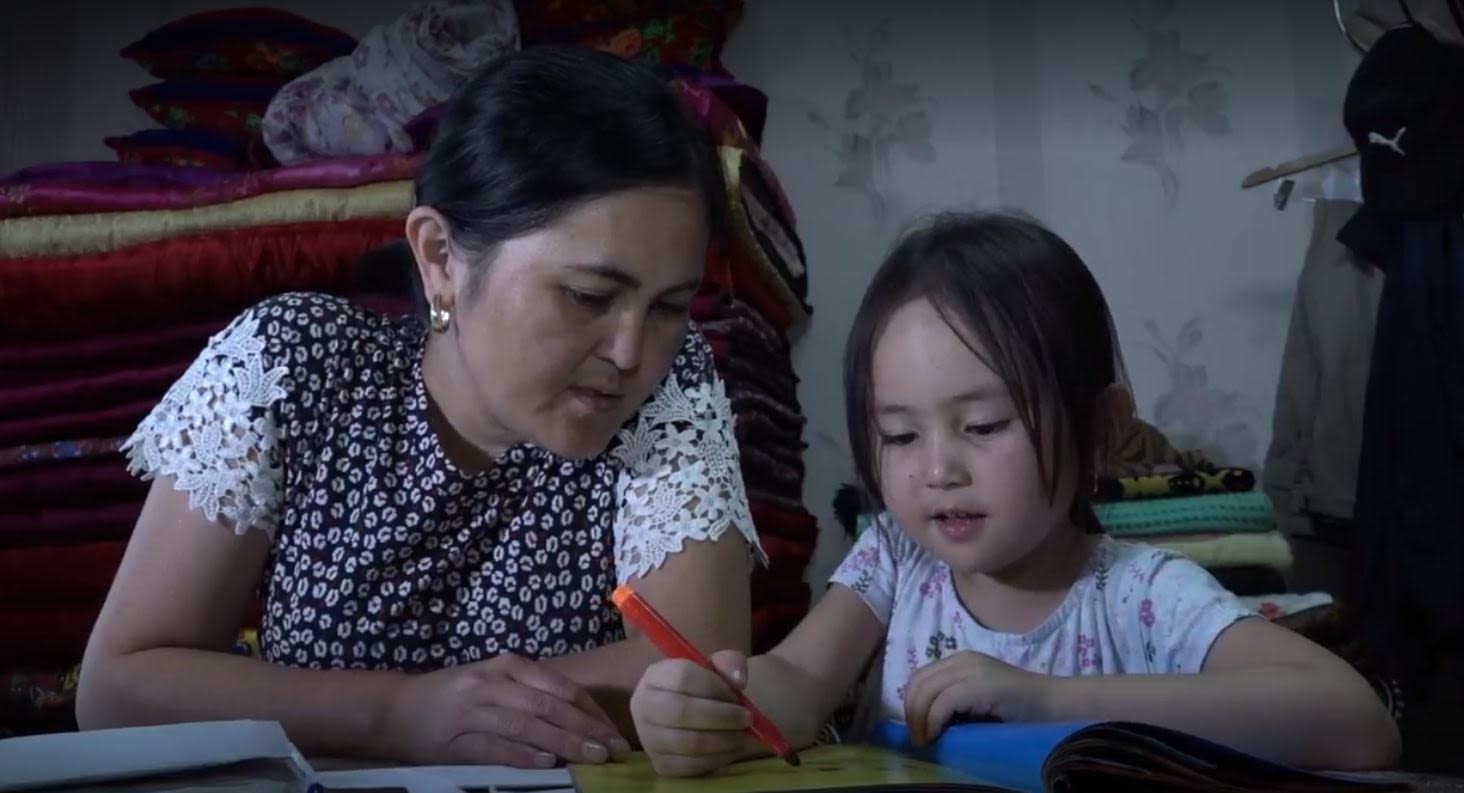
At over one million views per episode on YouTube, the popular TV series successfully emphasizes the importance of financial planning over overt displays of wealth. Following the edutainment campaign’s advice, Maya has embraced the ‘three envelopes’ approach of dividing the family income to cover current expenses, create a financial cushion, and build savings for long-term goals. She has also started a small business in her home, which allows her to contribute to the family finances while taking care of her daughters, who can now benefit from their mother’s advice on how to manage money.
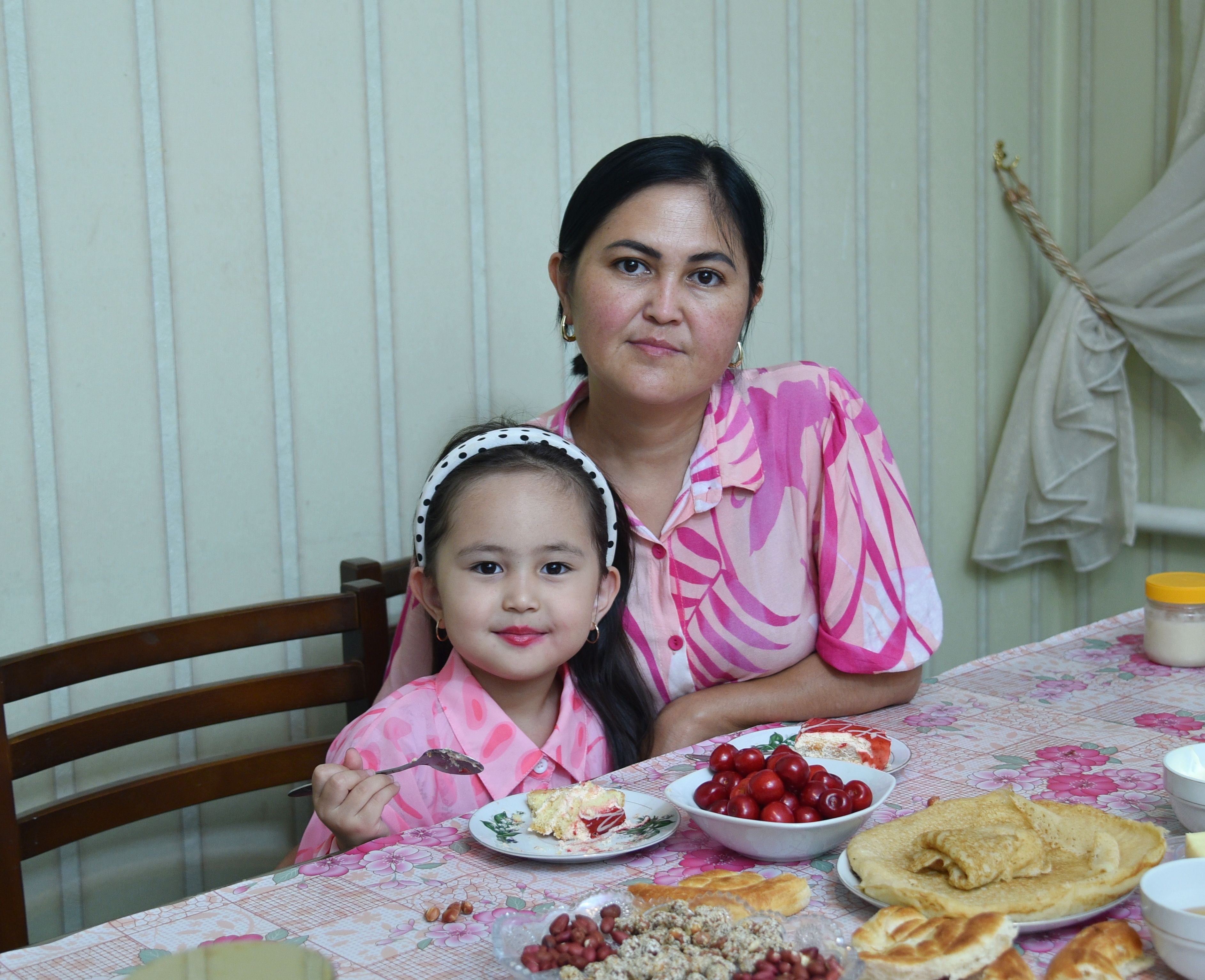
Unbanked and burdened by social norms
Maya’s story is not an uncommon one among women in Central Asia. A social norms study conducted by the IFC Central Asia Financial Inclusion project has determined that approximately 47 percent of women in the Kyrgyz Republic and 63 percent in Tajikistan do not have a bank account at a formal financial institution, while 39 and 23 percent, respectively, were secretly saving money.
Twenty-two percent of Kyrgyz women said they were not in charge of their spending, while 49 percent felt obliged to overspend on events and gifts due to social and cultural norms and mandates – an issue that is explored in the Akcha TV series. In Tajikistan, the numbers were slightly lower due to legislation curbing overspending on weddings, funerals, and gifts.
A large proportion of young people in the two countries, 79 percent and 65 percent, respectively, reportedly never tracked their expenses and a smaller number, 15 percent and 16 percent, cited social pressure as a reason for spending significant amounts of money on new technology.
Successfully campaigning for financial access and planning
Alongside Akcha in the Kyrgyz Republic, a similar campaign called Pul (Money) was launched in Tajikistan. Part of this campaign was the Dukon TV series featuring Maryam Rahmonova, an 18-year-old freshman student at Tajik Technical University, as the lead character. While the young student was focused on learning her lines during the shoot, Maryam noticed a change in her spending patterns only after completing her acting assignment. Reflecting on the impact Dukon had on her financial behavior, Maryam said that
“I started saving my earnings, instead of sending them directly to my mother to manage. Previously, I would spend all my money in a day – on impulsive shopping trips, eating out, and treating my friends. I now realize the importance of smart spending and make it point to consciously do so.”

Running from October to December 2022, both edutainment campaigns were well-received, reaching more than 5.8 million individuals across both countries, around 79 percent and 30 percent of adult populations in the Kyrgyz Republic and in Tajikistan, respectively.
Both campaigns have had a positive effect on consumer attitudes and behaviors. Account ownership, savings, and financial planning have increased as evidenced by an ongoing impact assessment survey. Growing evidence shows that edutainment can be an effective tool to change perceptions and sustain healthier behaviors, especially when addressing less stringent social norms.
Akcha and Pul are part of a larger edutainment campaign, developed under IFC’s Central Asia Financial Inclusion project and funded by the Swiss Secretariat for Economic Affairs (SECO), which addresses the deeply rooted social norms that have been hindering the most underserved and underbanked demographics – rural women and youth – from accessing financial products and services.

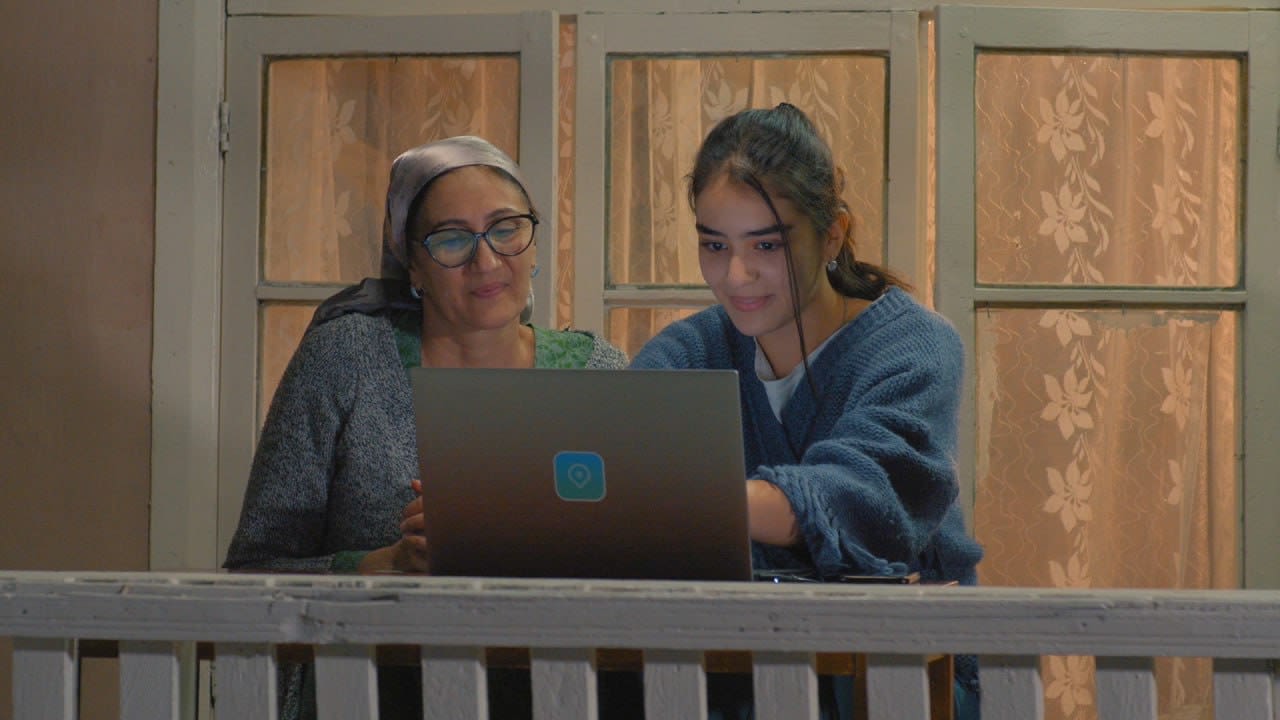
Social norms & financial inclusion
Social norms – the informal rules that influence how people behave and expect others to behave – can play a significant role in driving financial decisions, including how, where, and what people save for.
The effect that social norms have on the financial inclusion of specific populations is an emerging field of research whose importance is becoming increasingly recognized, but which has not been systematically analyzed or incorporated into financial inclusion programming.
Financial inclusion can play a significant role in enabling people to build resilience, seize opportunities, and meet their essential needs, and is a key step in achieving the World Bank Group’s mission of reducing poverty and increasing shared prosperity.
To be effective, financial literacy interventions must be made in tandem with efforts to address social and cultural norms, as these are largely influenced by consumer attitudes and behaviors rather than knowledge gaps.
Published in July 2023